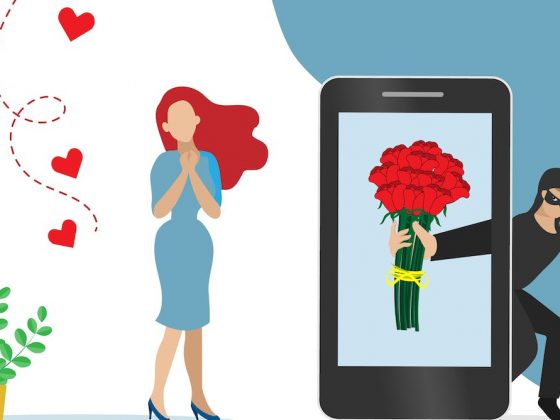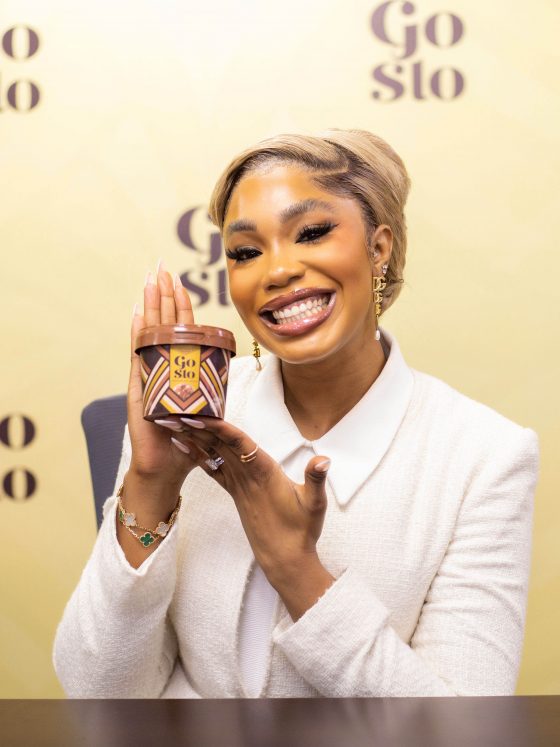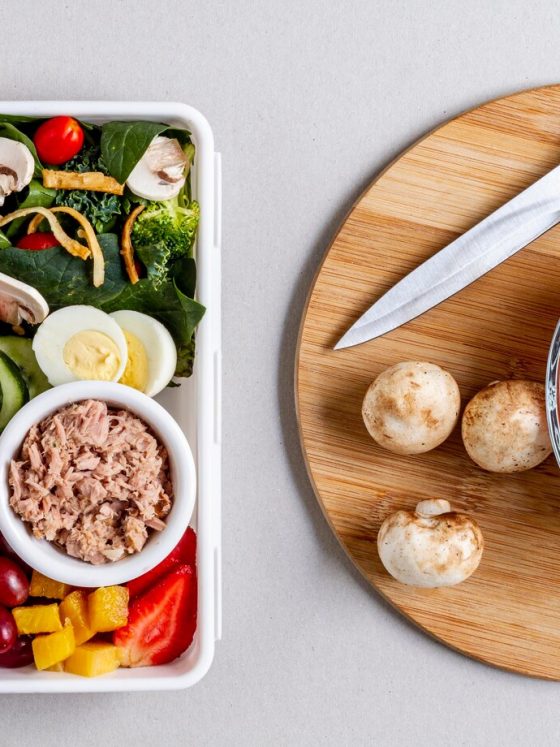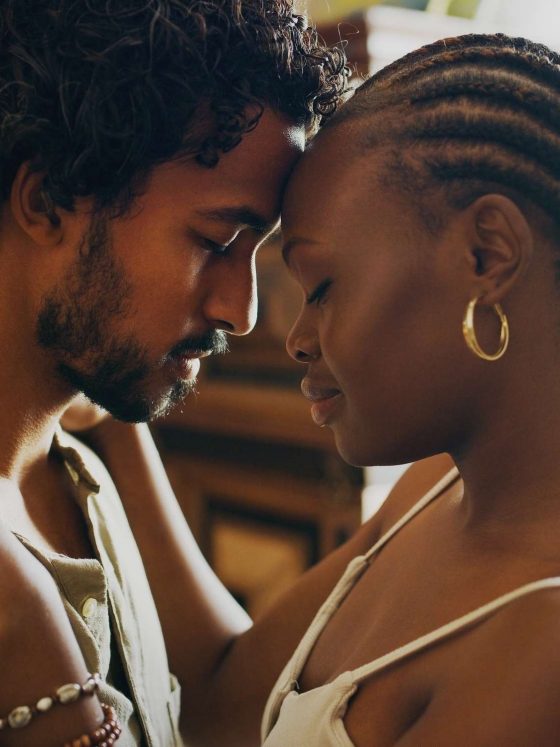Kunle leaned back, exasperated, as he recounted his latest ordeal. “I just can’t keep up anymore,” he sighed, a look of defeat clouding his usually cheerful face. “Every month, it’s something new—a designer bag, an expensive dinner, the latest iPhone. I love her, but I’m just a guy trying to make ends meet.” Kunle’s plight is far from unique. In many parts of the world, Nigeria included, a growing narrative suggests that love comes with a hefty price tag. This perception, particularly regarding Nigerian girls as materialistic, springs from a deep-rooted cultural emphasis on gift-giving. However, this narrative, often amplified by social media and pop culture, has skewed the reality of relationships, painting them as transactional engagements where the depth of one’s pocket determines the strength of one’s love.

But is this really the case? Are relationships genuinely becoming commodified transactions, or is there more to this narrative?
Historically, gifts have been symbolic in relationships, serving as tokens of affection, appreciation, and commitment. From the courting rituals of old to modern-day Valentine’s gestures, gifts have been ingrained in the love language of societies worldwide. They are not just material items but are imbued with meaning and sentiment. However, the issue arises when the intrinsic value of these gifts is overshadowed by their price tags, fostering unrealistic expectations and financial strain.
Many young men, like Kunle, find themselves in a conundrum. They wish to express love and make their partners happy, yet the constant pressure to provide extravagant gifts is financially and emotionally draining. This dynamic can lead to a host of problems, including financial insecurity, resentment, and a distorted view of what constitutes a healthy relationship.
On the flip side, it’s crucial to understand why some women may have a predilection for lavish gifts. In some cases, it’s tied to societal pressures or personal insecurities, where the value of a gift is seen as a measure of their worth or the seriousness of their partner’s intentions. In others, it’s simply a matter of personal preference or lifestyle.
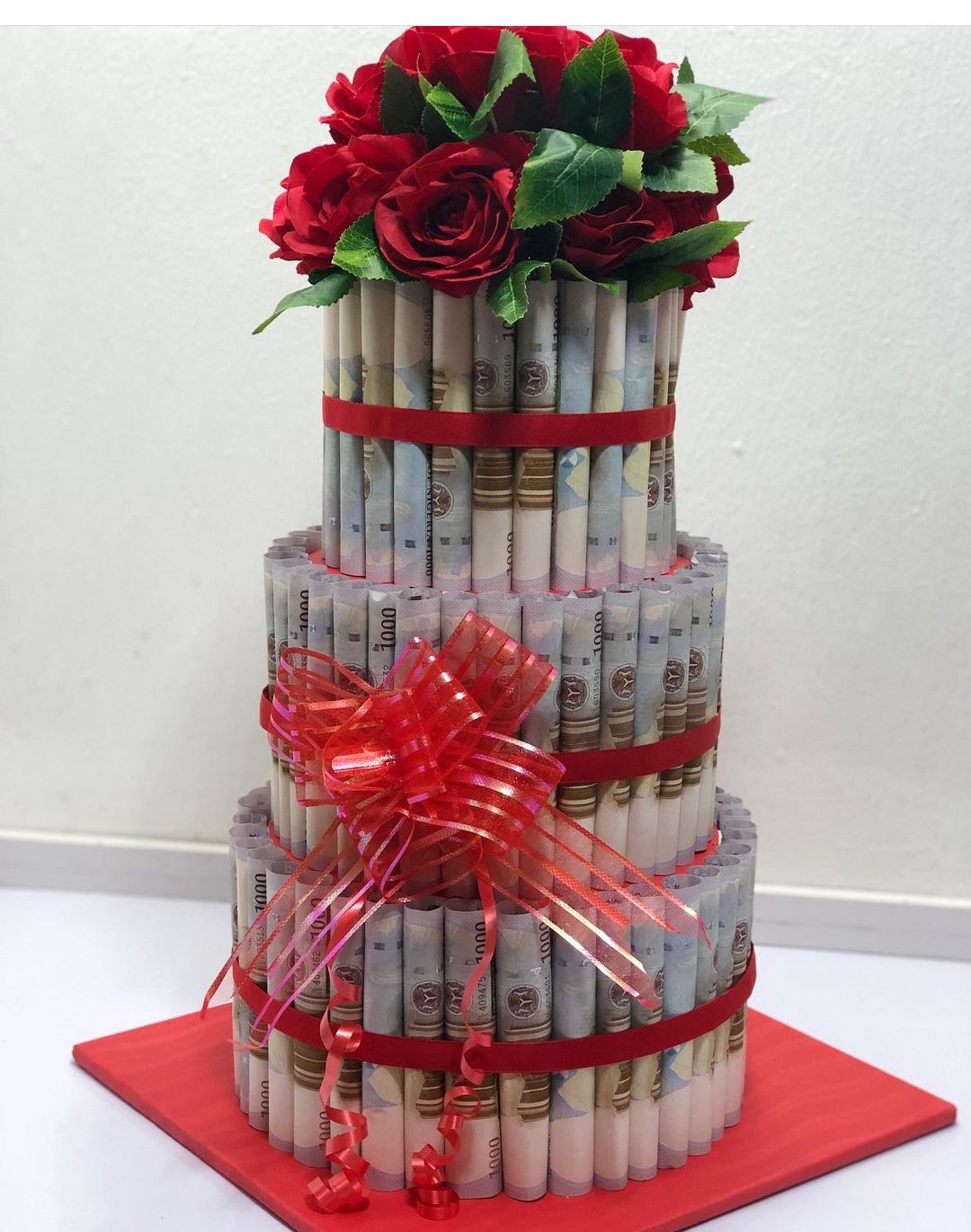
So, where does one draw the line? How does a couple navigate these choppy waters of material expectations without capsizing their relationship boat?
The key lies in communication and understanding. It’s essential for partners to have open discussions about their financial realities and expectations. This dialogue should not be a battlefield but a safe space where both parties can express their needs and concerns without judgment.
For those who cannot afford constant splurges or prefer not to engage in them, there are myriad ways to show love and appreciation without breaking the bank. Acts of service, quality time, heartfelt letters, or even handmade gifts can be just as meaningful, if not more so, than store-bought items. The adage ‘it’s the thought that counts’ holds a profound truth; it’s the intention and effort behind a gift that imbues it with significance.
Furthermore, it’s essential to remember that a relationship is a partnership, not a marketplace. The focus should be on building a solid emotional connection, supporting each other’s goals, and creating a nurturing environment where both individuals can thrive. When material gifts become the foundation of a relationship, it’s a shaky foundation at best.
For individuals with a penchant for lavish gifts, it’s worth exploring why these items hold such importance. Is it a matter of keeping up appearances, a deep-seated insecurity, or simply a love for the finer things in life? Understanding the underlying reasons can pave the way for healthier expectations and compromises.
Ultimately, the solution lies in balance and understanding. A relationship should not be a financial tug-of-war but a harmonious blend of give and take, where the value of a gift lies not in its price tag but in the love and thought behind it.
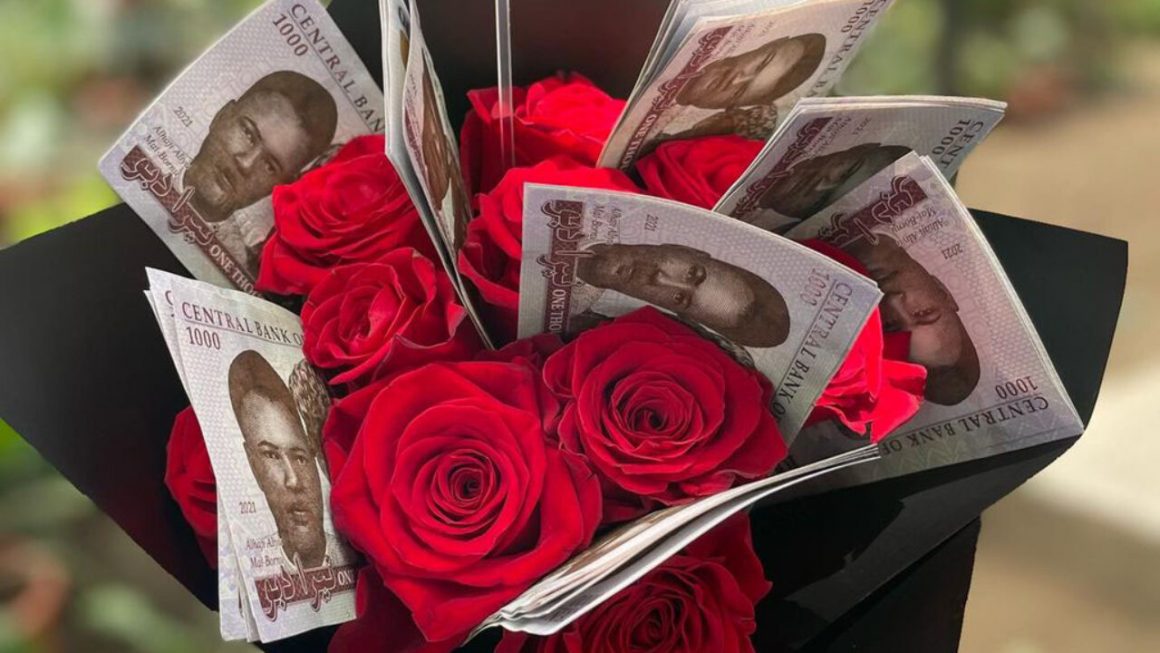
As for Kunle, the solution might be simpler than he thinks. A candid conversation with his girlfriend, expressing his financial concerns and reaffirming his love and commitment, could be the first step towards redefining the dynamics of their relationship. After all, the strongest relationships are built on honesty, understanding, and mutual respect, not on the gifts that come and go.
Ultimately, the true gift in any relationship is the love shared between two people. Everything else is just icing on the cake. And as the saying goes, “The best things in life are free.” Perhaps it’s time we started believing that.


